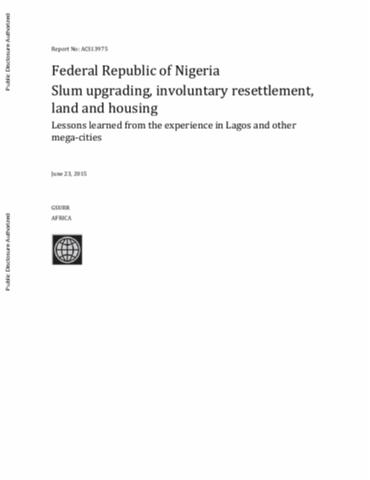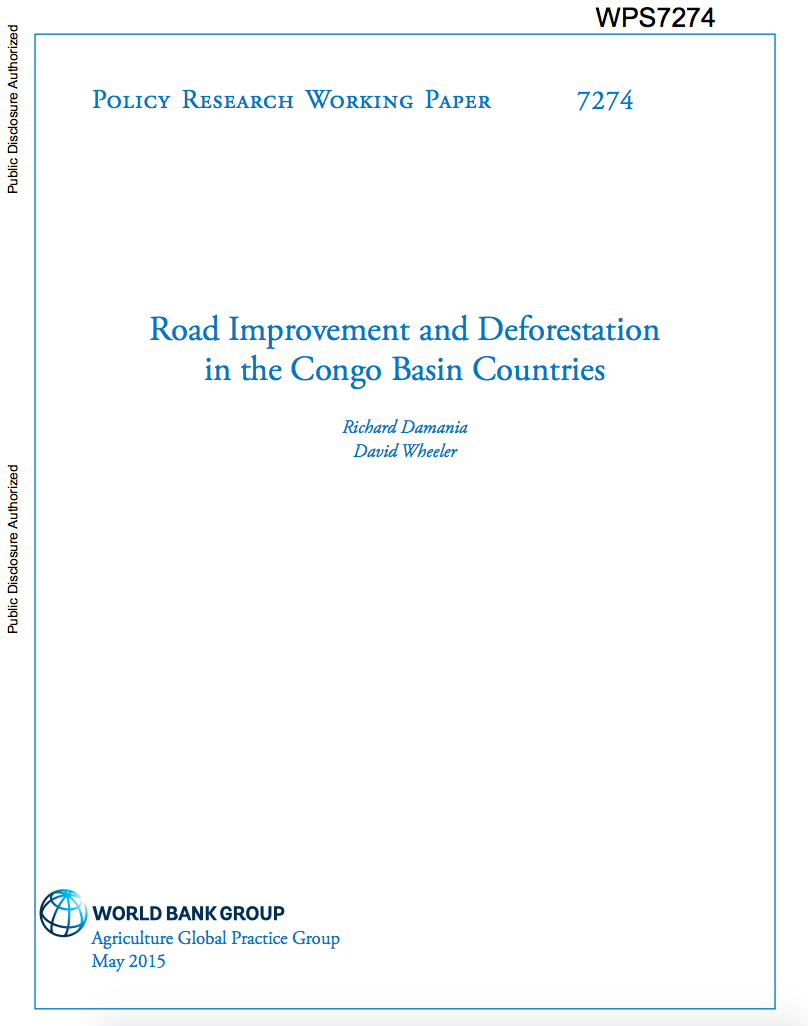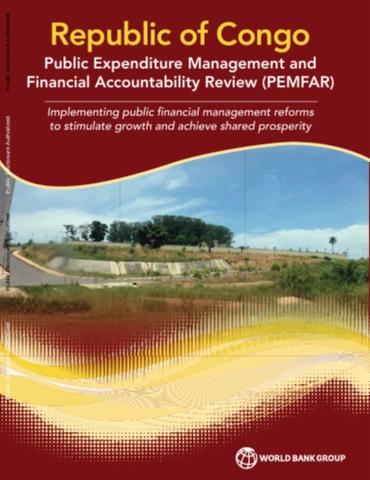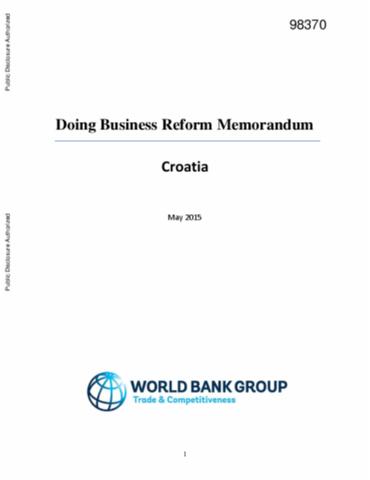The World Bank is a vital source of financial and technical assistance to developing countries around the world. We are not a bank in the ordinary sense but a unique partnership to reduce poverty and support development. The World Bank Group has two ambitious goals: End extreme poverty within a generation and boost shared prosperity.
- To end extreme poverty, the Bank's goal is to decrease the percentage of people living on less than $1.25 a day to no more than 3% by 2030.
- To promote shared prosperity, the goal is to promote income growth of the bottom 40% of the population in each country.
The World Bank Group comprises five institutions managed by their member countries.
The World Bank Group and Land: Working to protect the rights of existing land users and to help secure benefits for smallholder farmers
The World Bank (IBRD and IDA) interacts primarily with governments to increase agricultural productivity, strengthen land tenure policies and improve land governance. More than 90% of the World Bank’s agriculture portfolio focuses on the productivity and access to markets by small holder farmers. Ten percent of our projects focus on the governance of land tenure.
Similarly, investments by the International Finance Corporation (IFC), the World Bank Group’s private sector arm, including those in larger scale enterprises, overwhelmingly support smallholder farmers through improved access to finance, inputs and markets, and as direct suppliers. IFC invests in environmentally and socially sustainable private enterprises in all parts of the value chain (inputs such as irrigation and fertilizers, primary production, processing, transport and storage, traders, and risk management facilities including weather/crop insurance, warehouse financing, etc
For more information, visit the World Bank Group and land and food security (https://www.worldbank.org/en/topic/agriculture/brief/land-and-food-security1
Resources
Displaying 916 - 920 of 4907Trade in Zimbabwe
In Zimbabwe trade has been a driver of economic growth, rising incomes, and progressive empowerment of Zimbabweans through rising standards of living and the promise of better jobs. Since 1980, through good years and bad years, increases in exports have been positively associated with increases in national income. Zimbabwe's location and resource base, together with a low-cost but relatively well educated labor force, have endowed it with a naturally high trade ratio built on a diversified base that facilitates using trade as an engine of growth.
Federal Republic of Nigeria Slum Upgrading, Involuntary Resettlement, Land and Housing
This report aims to extract lessons on slum upgrading and involuntary resettlement policies and practices learned from the process of addressing the Badia East case, which involved complex interactions between affected people, NGOs, the Bank and Lagos State Government.
Road Improvement and Deforestation in the Congo Basin Countries
Road construction has often been viewed
as the precursor to deforestation, especially in tropical
forests. Traditional responses to such threats have been
reactive, with attempts to mitigate impacts through physical
measures, or the establishment of protected areas. These
approaches often have not been entirely successful,
especially in areas where economic potential is significant.
This paper seeks to mitigate such conflicts by proposing a
Republic of Congo Public Expenditure Management and Financial Accountability Review
The Republic of Congo (Congo) boasts numerous assets that can be harnessed to build a strong and robust economy. These assets are oil, ore such as iron and potash, arable lands, and a young population. Congo is the fourth largest oil producer among West and Central African countries, both in total production (260,000 barrels per day) and production per capita terms.
Doing Business Reform Memorandum
Croatia’s business environment has been identified as a priority area for reform by the Croatian Government. Under the government working group for business climate and private investments, the agency for investment and competitiveness has been designated to lead the dialogue with the private sector and coordinate the consultations with stakeholders, including international organizations on the design of a new wave of business environment reforms.










